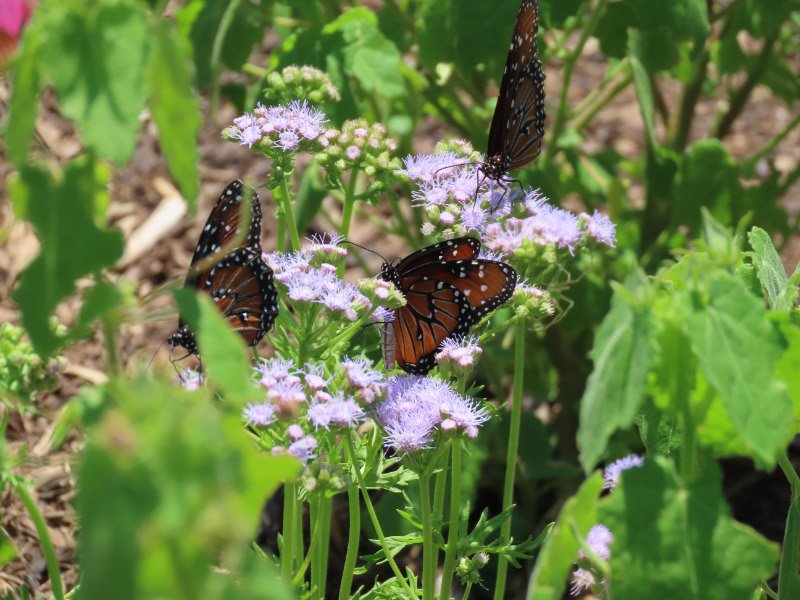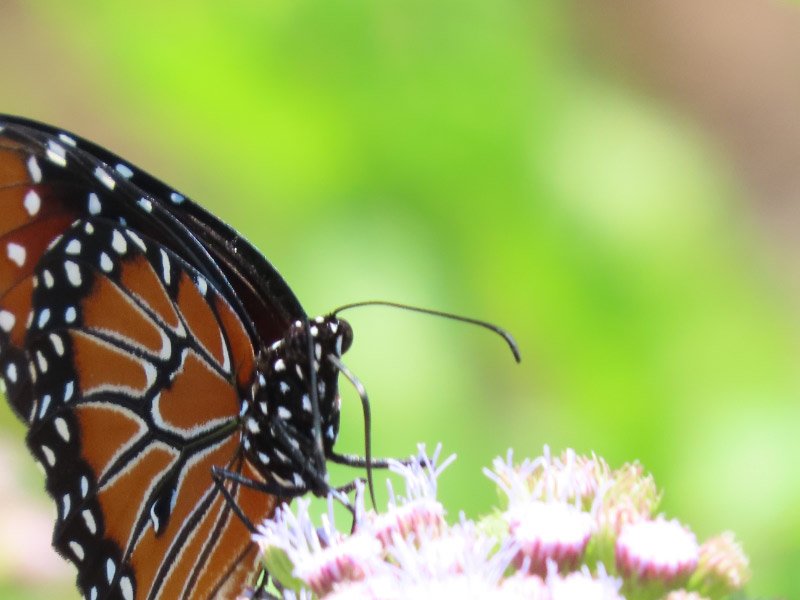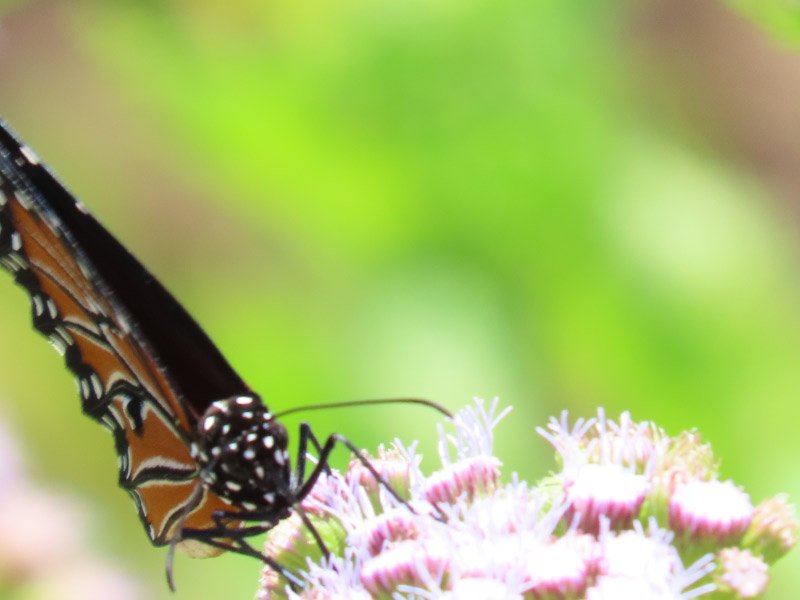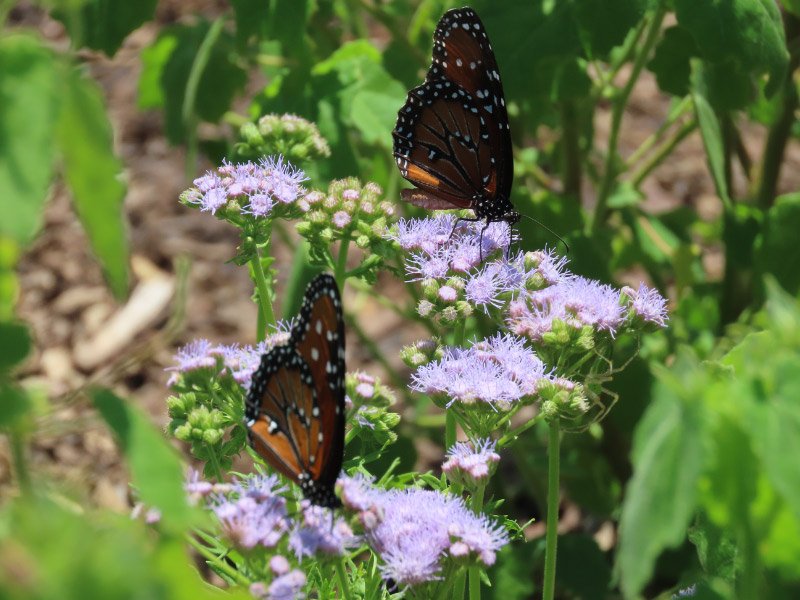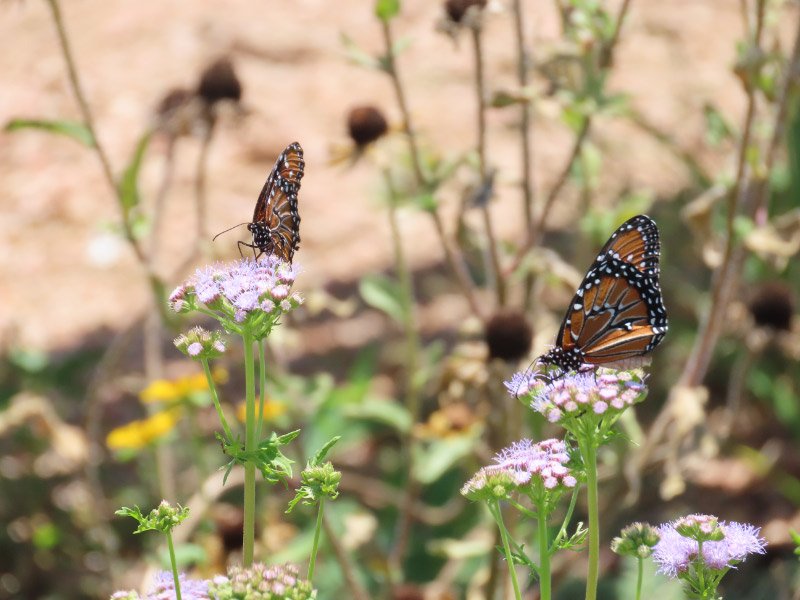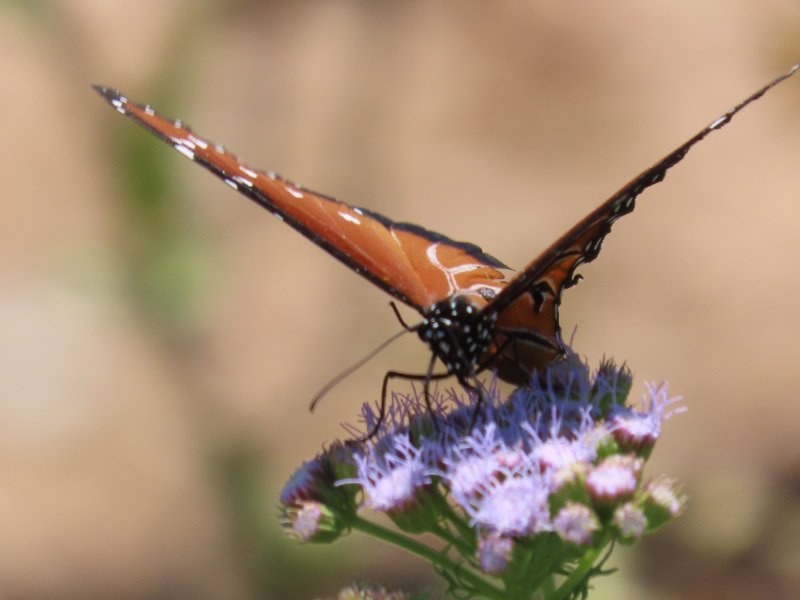The items below were ‘the cream’ of the articles and websites I found this past week. Click on the light green text to look at the article.
Digesta: An overlooked source of Ice Age carbs – Partially digested vegetable matter from large herbivores (such as bison) might have provided carbohydrates and other macro nutrients reducing the burden of ‘gathering’ for a time after an animal was slaughtered. Perhaps during migration, it was the dominant source of carbohydrates in a situation with reduced accessibility of plants. And maybe women participated in hunting to a larger extent than previously thought; ‘grave goods’ in burials found that perhaps 30-50% of all large-game hunters in the Americans during the late glacial era may have been female!
Anemia found to be common in ancient mummified Egyptian children – CT scans were done on 21 child mummies (between ages 1-14 at death) to study the skeleton inside the wrapped remains. 7 of the children had pathological enlargement of the cranial vault, typically associated with anemia. The study also found a child that died less than a year after birth of thalassemia (the body could not produce hemoglobin).
Bathing through the ages: 1300 – 1848 – 14th and 15th century bathhouses provided services beyond bathing (lancing abscesses, pulling teeth, steam rooms, mineral baths, cupping, herbal concoctions); they helped shape the public health services of larger cities as they grew, and health conditions deteriorated. By the 16th century, bathhouses started to disappear as Europe was ravished by plague, smallpox, and syphilis. But – by the 1800s, sanitation reformers were arguing that making bathing facilities available to the poorest classes of society offered an ‘affordable and immediate way’ of improving public cleanliness and health. Bathhouses, along with waterworks and sewage systems, laid the foundation for the UK Health Act of 1848.
Glass or Plastic: which is better for the environment? – There is not a clear-cut answer. I will lean toward glass because of its non-toxicity….but I also realize we need to improve the ways we use it (less single use) and recycle it (better sorting and improved processing that avoids melting it twice),
Greener batteries – Batteries with Organic Electrode Materials (OEMs) are one alternative that is being researched…in this case using azobenzene by a research team at a Chinese University. Hopefully there are researchers around the world also focused on producing greener batteries.
Protein powders: When should you use them? – I think of protein powder as an ultra-processed food….a food I only want to use if I can’t manage to get enough protein from unprocessed or lightly processed foods in my diet. It is not something I want to use every day!
Long Reviled as ‘Ugly,’ Sea Lampreys Finally Get Some Respect – Not so long ago…lampreys were an organism that seemed destined for extinction because we only saw it as a predator that wiped out the Great Lakes lake-trout fishery. Now, the consensus is that, in their natural habitat, marine lampreys are “keystone species” supporting vast aquatic and terrestrial ecosystems. They provide food for insects, crayfish, fish, turtles, minks, otters, vultures, herons, loons, ospreys, eagles, and hundreds of other predators and scavengers. Lamprey larvae, embedded in the stream bed, maintain water quality by filter feeding; and they attract spawning adults from the sea by releasing pheromones. Because adults die after spawning, they infuse sterile headwaters with nutrients from the sea. When marine lampreys build their communal nests, they clear silt from the river bottom, providing spawning habitat for countless native fish, especially trout and salmon. Wow!
The Pacific Garbage Patch Is Home to Coastal Species—in the Middle of the Ocean – A surprise for researchers…they found shrimp-like arthropods, sea anemones and mollusks, Pacific oysters, orange-striped anemones and ragworms. Crustaceans were taking care of eggs and anemones were cloning themselves. This does not make the Garbage Patch acceptable!
Photography In the National Parks: Same Spot, Different Time / Season / Weather – Spots in Yellowstone, Mount Rainier, and Olympic National Parks.
Greater fat stores and cholesterol increase with brain volume, but beyond a certain point they are associated with faster brain aging – People in wealthy countries have largely grown accustomed to eating more and exercising less -- habits that are associated with decreased brain volumes and faster cognitive decline. This study looks at indigenous people (two tribes in Bolivia that live along tributaries of the Amazon). The tribe that was closer to our subsistence ancestors had the lowest rates of hear disease and minimal dementia; in this group - BMI, adiposity and higher levels of "bad" cholesterol were associated with bigger brain volumes in older adults!

